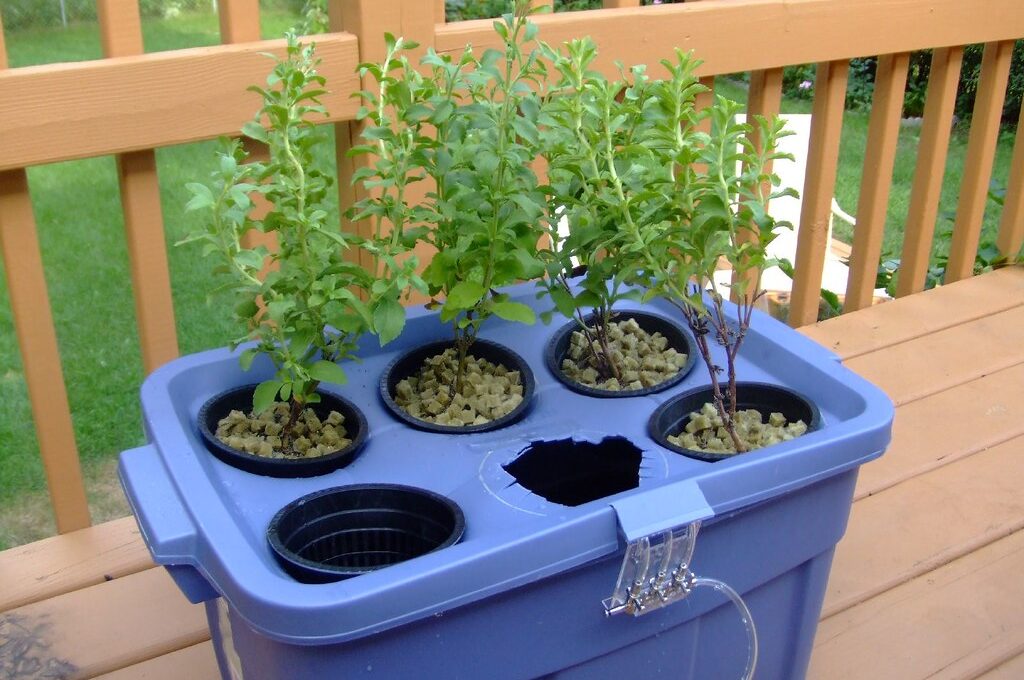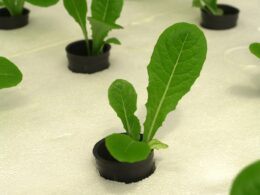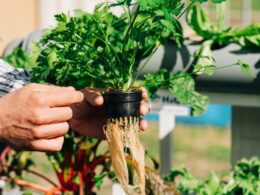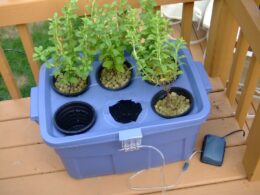Understand the Importance of Nutrients
To successfully grow plants using hydroponics, it’s crucial that you understand how vital nutrients are for your plants’ growth and development. Nutrient deficiencies can have a significant impact on the health of your plants, stunting growth and reducing yield. It’s important to provide your plants with the right balance of nutrients to ensure they thrive. One way to ensure your plants receive the right nutrients is through monitoring the pH balance of your hydroponic system. The pH levels in your system can affect how well your plants absorb nutrients, so it’s essential to maintain a consistent balance. Deviating from the optimal pH levels can lead to nutrient deficiencies and ultimately harm your plants. By regularly monitoring the pH levels and providing your plants with the right balance of nutrients, you can ensure optimal growth and yield. Remember, your plants rely on you to provide them with the nutrients they need to thrive, so take the time to understand the importance of nutrients and maintain a healthy hydroponic system.Choose the Right Nutrient Solution
Make sure to select the correct nutrient solution to nourish your hydroponic plants and maximize their growth potential. A nutrient solution is a mix of essential minerals and nutrients that plants need to grow. These solutions are available in two forms: pre-mixed and DIY. Pre-mixed solutions are convenient since they’ve already been formulated to provide the right balance of nutrients. However, DIY solutions give you more control over pH-balancing and nutrient deficiencies. When choosing a nutrient solution, it’s important to consider the stage of growth of your hydroponic plants. For instance, there are different nutrient solutions for the vegetative and flowering stages. Also, ensure that the solution you choose has the right pH balance. The pH of your nutrient solution affects the absorption of nutrients by the plants. The ideal pH range for hydroponic plants is between 5.5 and 6.5. In conclusion, selecting the right nutrient solution for your hydroponic plants is crucial for their growth and development. Ensure that you choose the right solution for the stage of growth of your plants, and that it has the correct pH balance. Additionally, regularly check your plants for nutrient deficiencies and adjust your nutrient solution accordingly. With the right nutrient solution, your hydroponic plants will thrive and produce an abundant harvest.Monitor and Adjust Nutrient Levels
Keep an eye on your plants’ nutrient levels and make adjustments as necessary to ensure healthy growth. This involves monitoring the pH levels of your nutrient solution regularly. pH levels affect the availability of nutrients to your plants, and if they’re too high or low, your plants won’t be able to absorb the nutrients they need. You can use pH testing kits to ensure that your solution is within the optimal range of 5.5 to 6.5. Adjusting nutrient ratios is also crucial for healthy plant growth. As your plants grow, their nutrient requirements change. It’s important to adjust your nutrient solution accordingly to provide the right balance of nutrients. You can use a TDS meter to measure the total dissolved solids in your solution and adjust the nutrient ratios as necessary. In addition to monitoring pH levels and adjusting nutrient ratios, it’s also important to keep an eye on your plants for any signs of nutrient deficiencies or excesses. These can manifest as yellowing leaves, stunted growth, or burning at the tips of the leaves. By regularly monitoring and adjusting your nutrient levels, you can ensure that your plants are getting the nutrients they need for healthy growth and high yields.Can Carrots be Grown Successfully in Hydroponic Systems without Adding Additional Nutrients to the Water?
Carrots in hydroponics can indeed be successfully grown without adding additional nutrients to the water. Hydroponic systems use nutrient-rich solutions to provide plants with all the necessary elements for growth. However, carrots have low nutrient requirements compared to other crops, allowing growers to rely on the natural nutrients in the water. Careful monitoring and maintaining a balanced pH level are crucial to ensure successful carrot growth in hydroponic systems.









